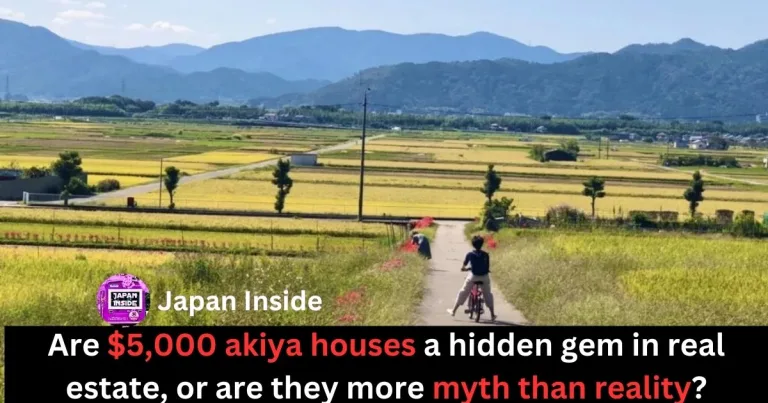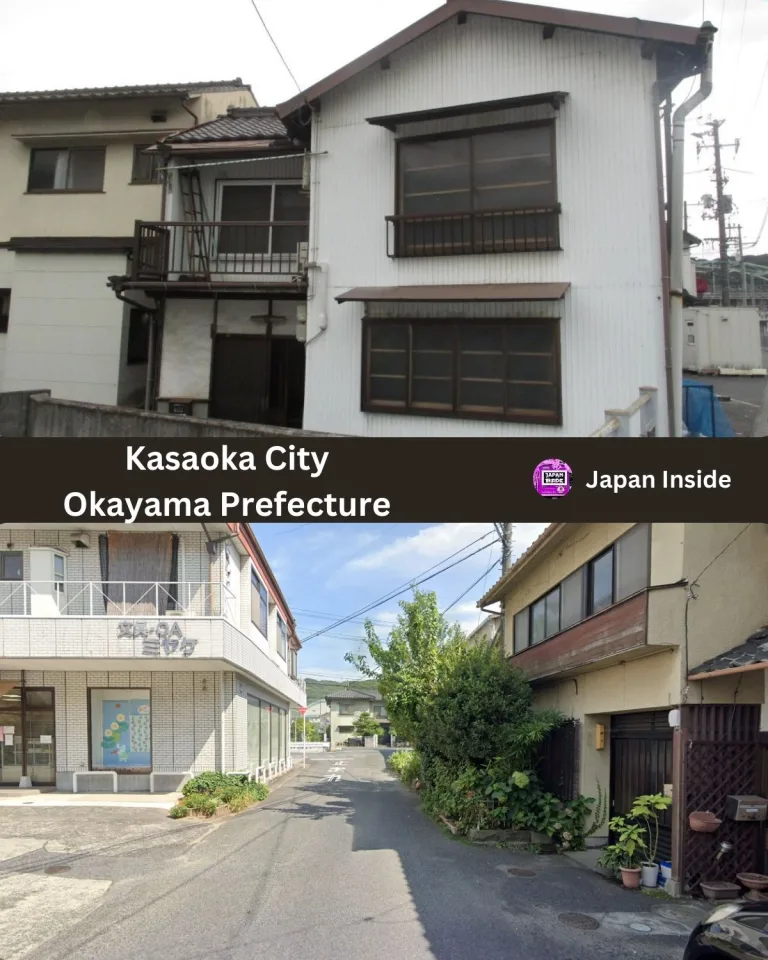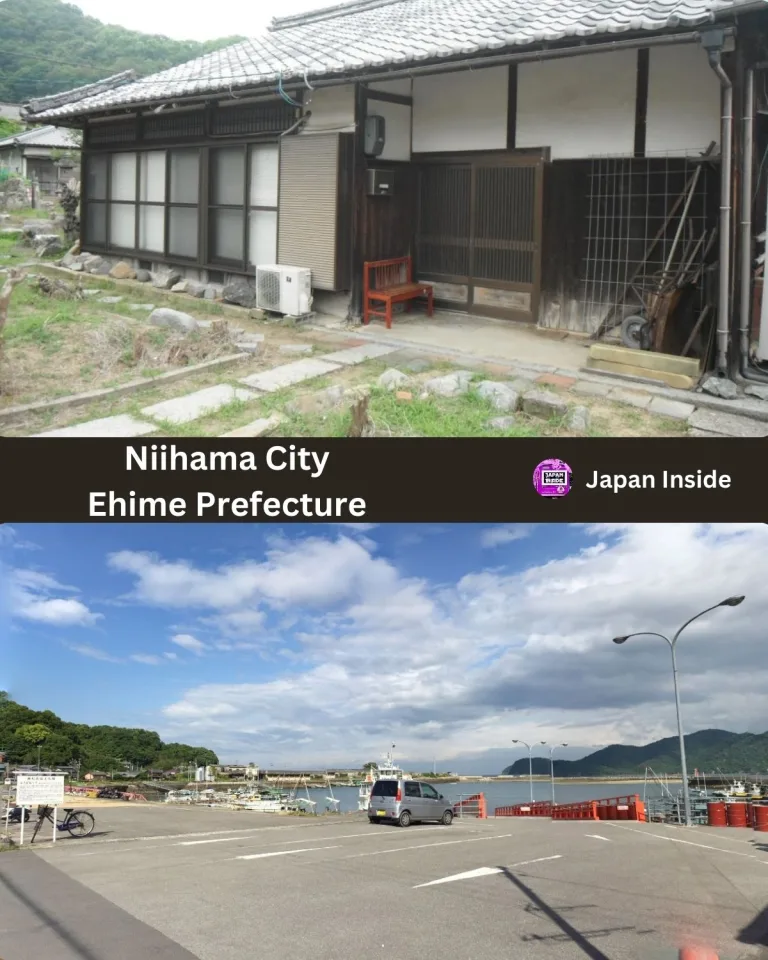How Much is Rent in Japan? Actual Costs Surveyed
A recent survey on Japanese rent and mortgage payment revealed the following distribution of cost ranges:
| Housing Cost Range (Yen) | Housing Cost Range (~USD) | Votes | % of Total Votes |
|---|---|---|---|
| Nothing | N/A | 42 | 9.3% |
| 0–50,000 | 0-330 | 42 | 9.3% |
| 51,000–125,000 | 330-830 | 188 | 41.6% |
| 126,000–250,000 | 830-1,660 | 127 | 28.1% |
| 251,000–500,000 | 1,660-3,320 | 37 | 8.2% |
| More than 500,000 | 3,320+ | 16 | 3.5% |
Housing Cost Survey Results
The poll asked respondents “How much does your household typically spend on housing (rent or mortgage repayments) per month?”
Here is a breakdown of the responses, should note that responses are not segregated by location:
Check Out These Akiya Deals:
No Housing Costs
9.3% (42 respondents) reported having no monthly housing costs. This likely reflects people that live with their parents, maybe a few full homeowners who have finished paying off their mortgages.
0 – 50,000 Yen
The most common response was 0-50,000 yen per month, selected by 41.6% (188 respondents). This budget-friendly amount is attractive to renters and those with affordable mortgages, especially in smaller cities.
51,000 – 125,000 Yen
A moderate 28.1% (127 respondents) said they pay 51,000-125,000 yen per month. This mid-range fee allows for comfortable apartments or modest mortgages even in bigger cities like Tokyo and Osaka.
126,000 – 250,000 Yen
8.2% (37 respondents) spend 126,000-250,000 yen on housing. At this level, larger rental units and mortgages on spacious homes or central locations become attainable.
251,000 – 500,000 Yen
Only 3.5% (16 respondents) reported costs of 251,000-500,000 yen. This high-end bracket reflects large single-family home mortgages and luxury urban rentals.
Over 500,000 Yen
A small number of respondents (less than 1%) selected over 500,000 yen per month. This represents the top-tier housing market in Japan’s most expensive & exclusive areas.
Key Takeaways
The majority of residents spend 50,000 yen or less per month on housing costs. Mortgages and rents remain relatively affordable for most households in Japan compared to other developed countries. However, the survey indicates there is also a high-end market serving those with budgets above 500,000 yen per month.


